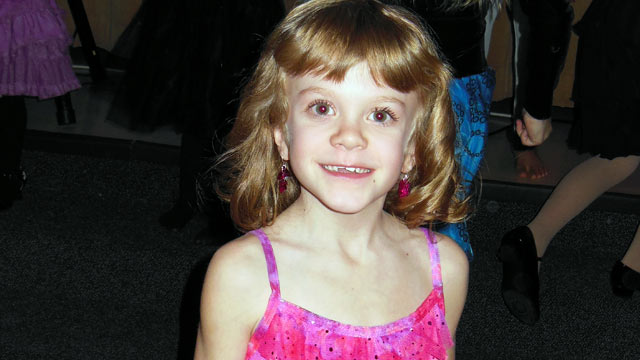Life with chronic illness requires adaptation, and for kids diagnosed with cystinosis, adapting starts young.
Sarah Larimore was barely out of infancy when her parents first heard the word “cystinosis.” A genetic disorder that causes the crystalline build-up of cystine in people’s cells, getting the diagnosis explained Sarah’s tiny frame and insatiable thirst.

It gave the Larimore’s answers, but cystinosis also gave them questions:
What does this mean for our family?
Will Sarah die?
Will Sarah live?
As of 2013—when this ABC News article was written—33 pills, hourly eye-drops, and a feeding tube meant Sarah was surviving, but the question of whether she was living… well, that can be more complicated.
Rare disease symptoms and side effects make for plenty of dog days, but despite what pitying strangers on the street may imply, that doesn’t mean you can’t live your life.
You just have to adapt a little, and Sarah gives two key ways as to how to do that all year round:
-
Go on the Offensive
Both CYSTAGON and the more recently approved PROCYSBI are essential cystinosis treatments, but each causes the sometimes embarrassing side effect of bad breath or body odor. When that happened to Sarah, her mother Katie explained cystinosis to Sarah’s classmates. The kids walked away with more education and Sarah gets to enjoy her school year without her classmates acting like a bunch of stinkers.
-
Work with what you’ve got
People with cystinosis don’t sweat, which can be downright dangerous in hot weather. But instead of keeping Sarah locked up for three months each year, the Larimore’s were finally able to build a swimming pool. Now, the problem is getting Sarah to come back to dry land!
Of course, the Larimore’s want better treatments and even a cure—and they’re fighting for it—but until then, they’re adapting to their challenges straight-up.
Because of that, the dog days of Sarah’s summers may be at an end.







